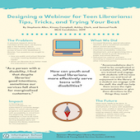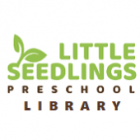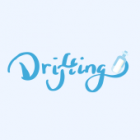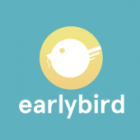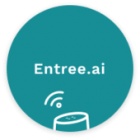
Descriptive Bibliography: A Course on Describing Books in the Hand Press Era
For my project I have designed a ten week, graduate level course in descriptive bibliography. Descriptive bibliography is the art of describing books in the hand press period of printing. The course will provide exposure and hands-on experience to the basics of bibliographic description. The course focuses on the five main components in descriptive bibliography; format, collation formula, statement of signing, number of leaves, and pagination statement. The goal of this project is to showcase bibliographic description and the need for courses in the field.

